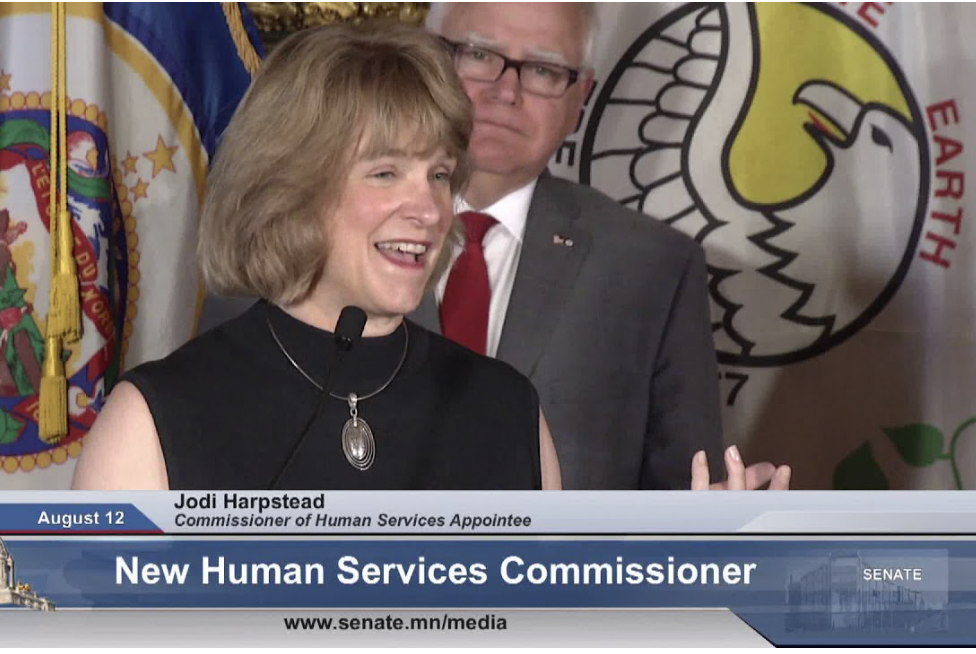This book is a heavily-researched history, background and overview of the barbaric and inhumane treatments of the mentally ill that would shock any reader. Mad in America: Bad Science, Bad Medicine, and the Enduring Mistreatment provides much-needed muckracking into what has really been going on with mental health in the United States for the past couple of centuries.
This book really digs into the science and doesn’t just accept the medical, psychiatric and pharmaceutical industries’ marketing jargon that so many have come to believe over the years. The research in Mad in America goes back to the moral therapy used by the Quakers in the early 1800s, the eugenics movement of the mentally ill that took place in the 1930s, and takes a magnifying glass to how schizophrenics are really doing in the present day (they happen to be worse off than patients in some of the poorest countries, according to the research done in this book).
Mad in America also breaks apart many of the narratives the pharmaceutical industry has peddled about psychiatric medication and how it has supposedly allowed higher functioning of the mentally ill. Once again, this content is all backed by medical journalist Robert Whitaker’s exhaustive research and data. This book is packed with solid historical and scientific data that connects the dots about something that plays such a huge part in our every day lives: mental health and psychiatry. Mad in America has already made a lasting impact on America, and is sure to continue doing so for years to come.
About the Author
Robert Whitaker is an American medical journalist and author, whose books include Anatomy of an Epidemic (which won the 2010 Investigative Reporters and Editors book award for best investigative journalism), Mad in America, ( which was named by Discover magazine as one of the best science books of 2002), On the Laps of Gods and The Mapmaker’s Wife.
He has written numerous articles about the mentally ill and pharmaceutical industry, which have led him to receive several awards: the George Polk Award for Medical Writing, a National Association of Science Writers’ Award for best magazine article, and Whitaker was also a finalist for the Pulitzer Prize for Public Service. Whitaker co-wrote a series on series on psychiatric research for the Boston Globe in 1998, and has published more than twenty short stories in literary magazines such as the Indiana Review, Black Warrior Review, Florida Review, and Columbia: A Magazine of Poetry and Prose. Whitaker is now the publisher of MadinAmerica.com.
Reviews
Mother Jones:
“A passionate, compellingly researched polemic, as fascinating as it is ultimately horrifying.”
Chicago Tribune:
“Controversial…. [Whitaker] marshals a surprising amount of evidence.”
Seattle Times:
“Intelligent and bold.”








 Image by
Image by 

